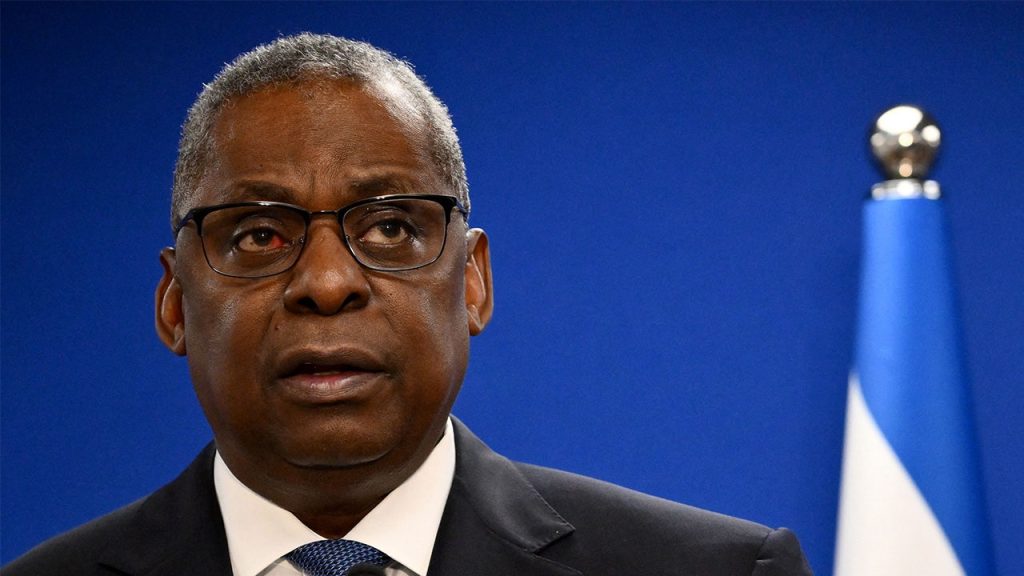The legal landscape surrounding the prosecution of Guantanamo Bay detainees, particularly those implicated in the 9/11 attacks, experienced a significant shift with a recent ruling by a military appeals court. The court determined that Defense Secretary Lloyd Austin overstepped his authority by attempting to rescind plea agreements reached between military prosecutors and defense attorneys for several detainees, including Khalid Sheikh Mohammed, the alleged mastermind of the 9/11 attacks. This decision effectively reinstates the plea deals, which had been met with considerable controversy and criticism from various quarters, including 9/11 victims’ families and political figures.
The plea agreements, struck during the summer of 2024, stipulated that the death penalty would be taken off the table as a possible punishment for the accused. This concession became a focal point of contention, igniting a firestorm of public debate and political posturing. Critics argued that such a deal amounted to a betrayal of justice for the victims of 9/11, while proponents emphasized the complexities and protracted nature of the legal proceedings, suggesting that the plea agreements offered a pragmatic path towards some form of resolution. The military commission’s convening authority had initially approved the deals, but Secretary Austin’s subsequent intervention threw the entire process into disarray.
The military appeals court’s ruling explicitly affirmed the validity and enforceability of the original plea agreements. It underscored the principle that once such agreements are reached and approved by the appropriate authority, they cannot be unilaterally overturned by executive fiat. This decision effectively checks the Defense Secretary’s power in this specific context, reinforcing the integrity of the military justice system and its adherence to established legal procedures. The Pentagon now faces the option of appealing the ruling to the D.C. Circuit federal appeals court, seeking emergency review of the decision.
The ramifications of this legal wrangling extend far beyond the courtroom. The fate of high-profile detainees like Khalid Sheikh Mohammed remains uncertain, as does the broader question of how the United States will continue to navigate the legal and ethical challenges posed by the Guantanamo Bay detention facility. The plea deals, while controversial, represented a potential pathway towards concluding these protracted legal battles. Their reinstatement by the court throws the future of these cases into a new realm of uncertainty, with the possibility of renewed legal maneuvering and political debate.
Scheduled hearings at Guantanamo Bay, where Mohammed and other defendants were expected to formally enter their guilty pleas, are now shrouded in doubt. The court’s ruling creates a complex legal landscape, requiring careful consideration of the next steps by all parties involved. The Pentagon must decide whether to pursue further appeals, while the defense teams will likely reassess their strategies in light of this unexpected turn of events. Meanwhile, the victims’ families and the wider public continue to grapple with the unresolved legacy of 9/11 and the pursuit of justice for those who perished in the attacks.
This ongoing saga underscores the intricate and often contentious intersection of law, politics, and national security. The Guantanamo Bay detention facility has become a symbol of these complexities, raising profound questions about the balance between justice, accountability, and the enduring fight against terrorism. The military appeals court’s decision adds another layer to this multifaceted narrative, highlighting the challenges of navigating legal processes within a highly charged political environment. The ultimate resolution of these cases will have lasting implications, not only for the individuals involved but also for the ongoing debate about the future of Guantanamo Bay and the pursuit of justice in the aftermath of 9/11.


